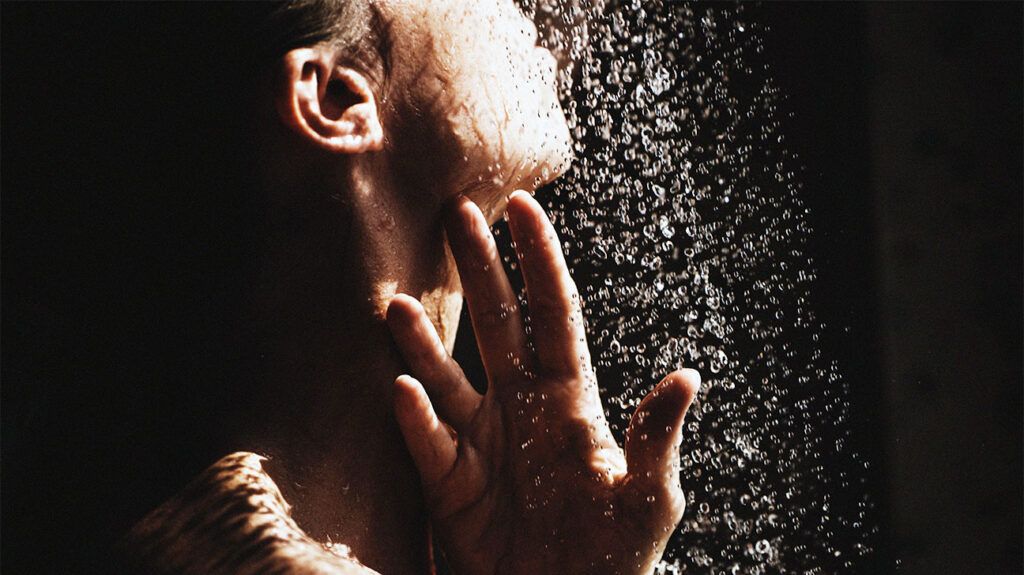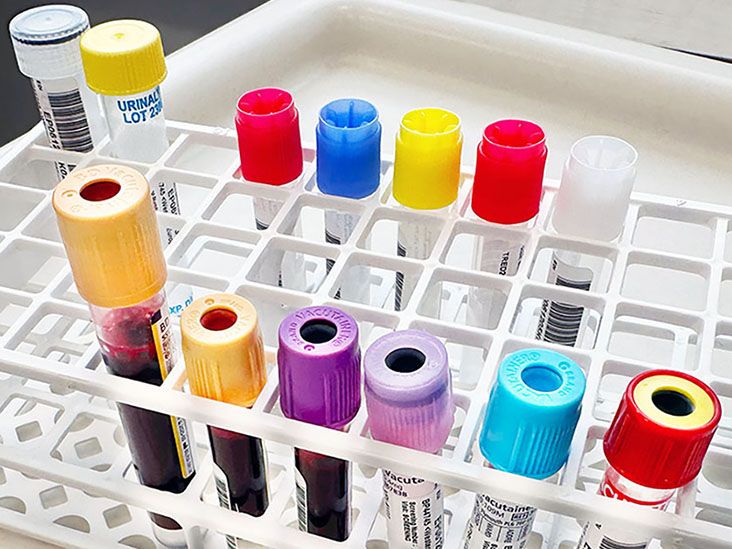Many people prefer warm showers to cold showers. However, some studies have shown that cold water may benefit physical and mental health.
This article covers some of the scientific evidence supporting the various physical and mental benefits of cold showers.
We also provide some tips for getting started with cold showers and discuss some things to be aware of when making the switch.
The following are some of the potential benefits of taking cold showers.

A cold shower can make a person feel more alert, largely due to its effects on the body.
According to a 2022 review, cold water immersion has many physiological effects on the body. These include:
- increased heart rate
- higher blood pressure
- elevated respiratory rate
- increased metabolism
The latter occurs temporarily because the body has to work harder to maintain a stable temperature. However, since a cold shower typically only lasts a few minutes, a person should not rely on its metabolism-boosting effects as a weight-loss technique.
That said, cold showers tend to create a sense of invigoration and alertness, which may encourage a person to be more physically active.
An older study found that people who take cold showers are 29% less likely to call in sick for work or school.
The study enrolled 3,018 people who took a hot shower and then used cold water applications for 30–90 seconds based on their research group. One research group took warm showers as usual and did not use cold water at all.
Although those who took cold showers were less likely to call in sick for work, they did not report fewer sick days. The researchers concluded that cold showers might make a person’s illness feel less severe, allowing them to continue with their daily activities.
They found no difference between those who took a cold shower for 30, 60, or 90 seconds. This led them to conclude that cold water triggers the body’s immune system regardless of duration.
Ultimately, more research is needed to confirm that cold showers strengthen the immune system.
Some researchers theorize that cold water can have mood-boosting benefits.
Indeed, a 2023 study found that short-term immersion in cold water positively affects mood. Participants reported feeling more active, alert, attentive, proud, and inspired, and less distressed and nervous following a cold-water bath.
The researchers suggest this happens because cold water immersion changes how different parts of the brain communicate with each other, specifically those related to emotions and awareness.
However, it is important to note that people should not replace their prescribed depression treatment with cold showers.
Cold water immersion therapy (submerging the body in ice or a cold bath) is common in many athletic activities.
Physical therapists specializing in sports have suggested that cold temperatures can quickly relieve heat exertion and reduce inflammation.
An older study found that taking a cold shower can relieve exertional hyperthermia, compared with no treatment at all.
However, the researchers did note that cold showers were not as effective as immersion therapy for relieving exercise-induced high body temperatures.
A 2023 meta-analysis of 20 peer-reviewed articles found that cold water immersion can alleviate muscle soreness and enhance recovery following high intensity exercise. Also, athletes in these studies reported feeling less fatigued after cold water immersion.
This research could help athletes use cold water techniques to reduce feelings of fatigue related to their physical performance.
However, it’s important to note that the research authors highlighted conflicting evidence regarding cold water’s effect on performance. They called for further research to clarify the circumstances under which cold water therapy is beneficial or detrimental.
A 2022 study found that cold water immersion can improve pain sensation in amateur athletes with delayed-onset muscle soreness. However, it’s important to highlight that this study examined the effects of cold water in combination with sports massage, rather than cold water alone.
Similarly, a 2021 review of 32 studies found that cold water immersion shortly after exercise has an analgesic effect and effectively reduces pain in people with delayed onset muscle soreness.
Exposure to cold water can cause the blood vessels to constrict, which can help reduce any swelling and edema that causes pain. Cold water can also slow the speed at which nerve signals conduct impulses.
This can reduce the rate at which nerves transmit pain signals to the brain, lowering a person’s perception of pain.
A lot of research into the benefits of cold showers suggests that the water does not necessarily need to be cold for the entire shower duration for the person to experience positive effects.
A person can start by taking a warm shower and then switching the water to cold for a brief time. This could be anywhere from 30 seconds to 2 minutes.
Some people prefer to take a purely cold shower of around 5–10 minutes. This may also be a practical approach to cold water therapy.
According to an old journal article, several studies cite a target cold temperature of about 68°F (20°C).
However, most of the time, a person’s own perceptions of cold water are enough to make changing the temperature effective.
A person should not use cold showers as a replacement for other prescribed medical therapies, especially those that doctors prescribe to treat depression.
However, people can try cold water therapy to enhance the effects of other treatment methods.
If a person is unsure if a cold shower could benefit them, they should ask their doctor.
For centuries, people have used cold water therapies to invigorate and enhance their overall well-being.
Some scientific studies support the beneficial effects of cold showers on mental and physical health.
Even brief bursts of cold water may be worth incorporating into a regular shower routine.


